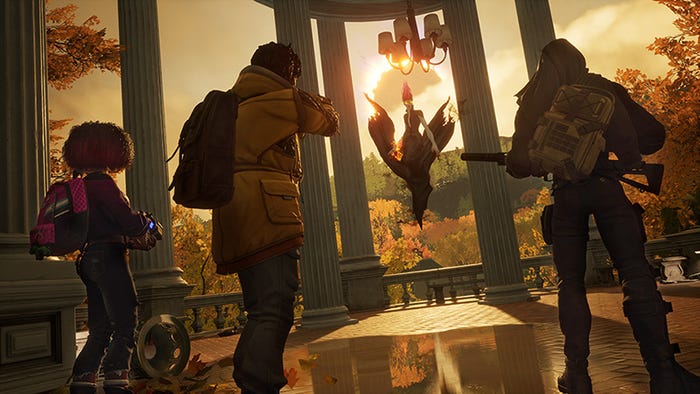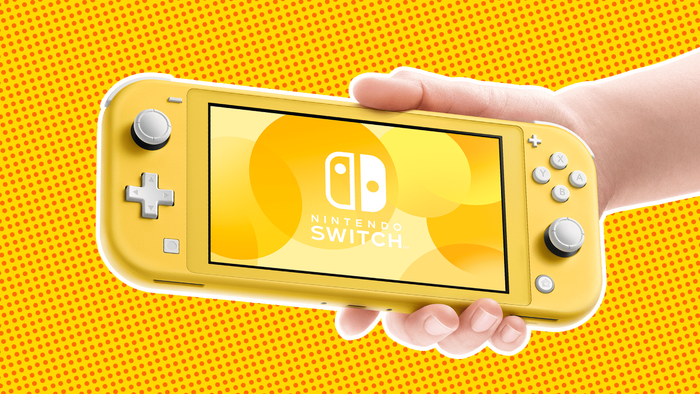Get a game plan
A look at the choices and limitations that indie developers must face if they want to make a living from writing games.

As a professional indie developer our choices are limited when it comes to the game that we choose to create. We have the important criteria that the game must at least cover its own costs. We are not hobbyists that can create games for fun and then hope that they are successful. We must choose the game that we make with care, with the intention of earning money from it built in to our decisions from the beginning.
The first major limitation is scope. The game that we choose to create needs to be achievable with the resources we have available. I would strongly suggest that you aim to create game in less than a year. Not only does working on a game for more than a year become quite draining, you are also putting all your eggs in one basket. No developer can guarantee that their games will be a success so we need to create as many games as possible so that our successes can offset our failures. Keep your scope tight, in a future journal entry I will talk more about effectively scoping your game ideas.
Start small and expand the scope of your ideas as you get more experience of the whole process. Ideally, make your first game in three months or less, go through the whole process of market analysis, prototyping, asset acquisition, development, monetisation, debugging, launch and marketing. Each time you go through that process you will learn new lessons that will inform your approach the next time you do it. Get as much experience as possible of the whole process, especially launch and marketing.
Making small games is a good idea, at least until you have a large team and a secure revenue stream. That still leaves the question of what game to write. You may hear advice to make a clone of some classic game such as pong or space invaders in order to learn the ropes. That may be a good idea for a hobbyist developer, but it is not a good choice for a professional. There is usually no money to be made from cloning old games unless you have an original spin, a license for original IP or a big marketing budget. We need to look for small games that fill a specific gap in the market.
As indie developers we do not have large marketing budgets so our best form of discovery is search. The games that we make must be targeted at search terms that we can dominate. As a case study, Exobyte's most recent game "Pish Posh Push" is a coin pusher game. As is often the case there is a regional search term specific to the UK market for these types of game which is "penny pusher". By naming our game "Pish Posh Penny Pusher" on the application store we were able to quickly dominate this search term and rank first in the search results. That initial group of regional players gave the game a jump start and now the game comes fifth in UK results for the much more widespread search term "coin pusher". A remarkable success considering that some of the competing games in this space have multi-million dollar budgets.
Read more about:
BlogsAbout the Author(s)
You May Also Like













